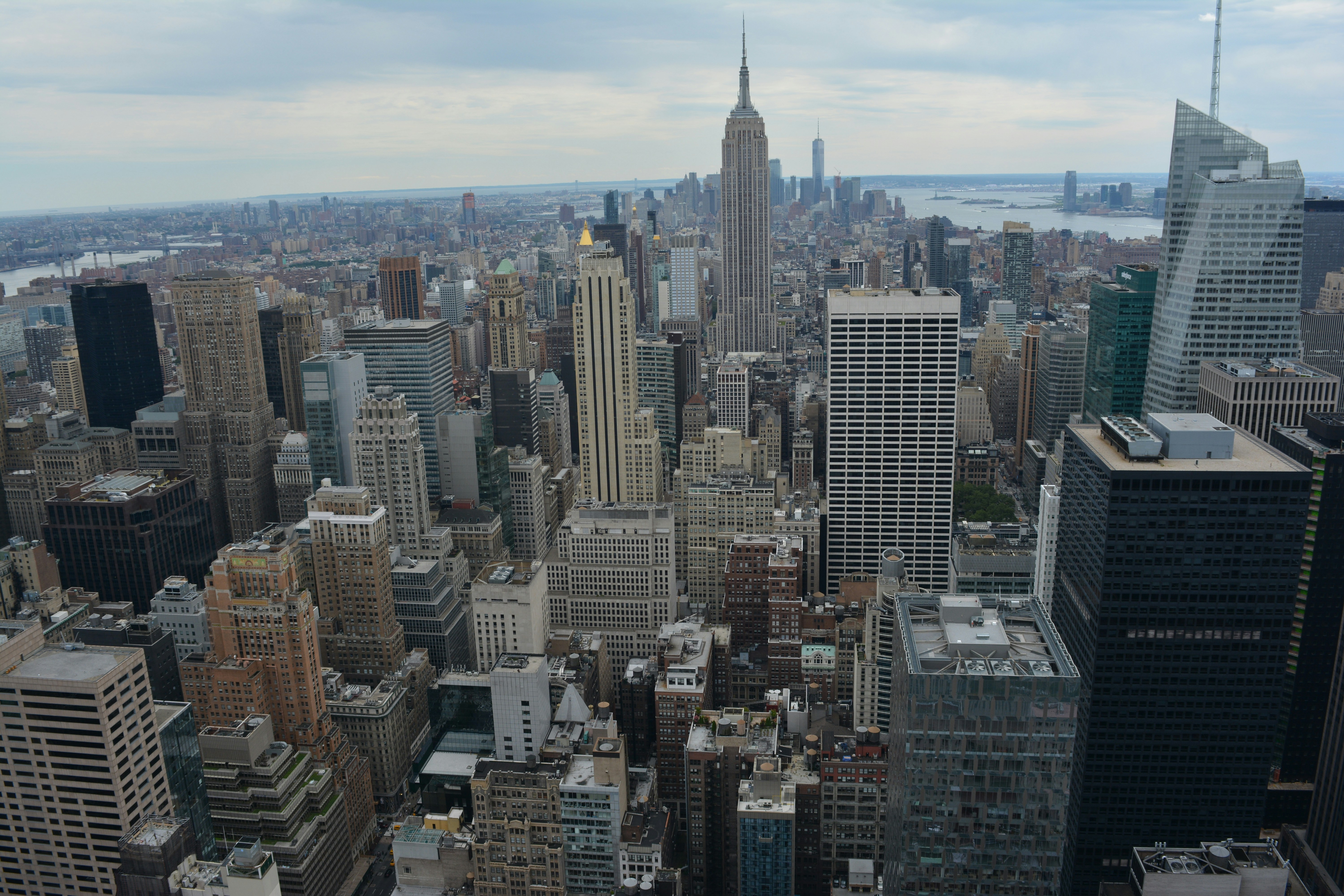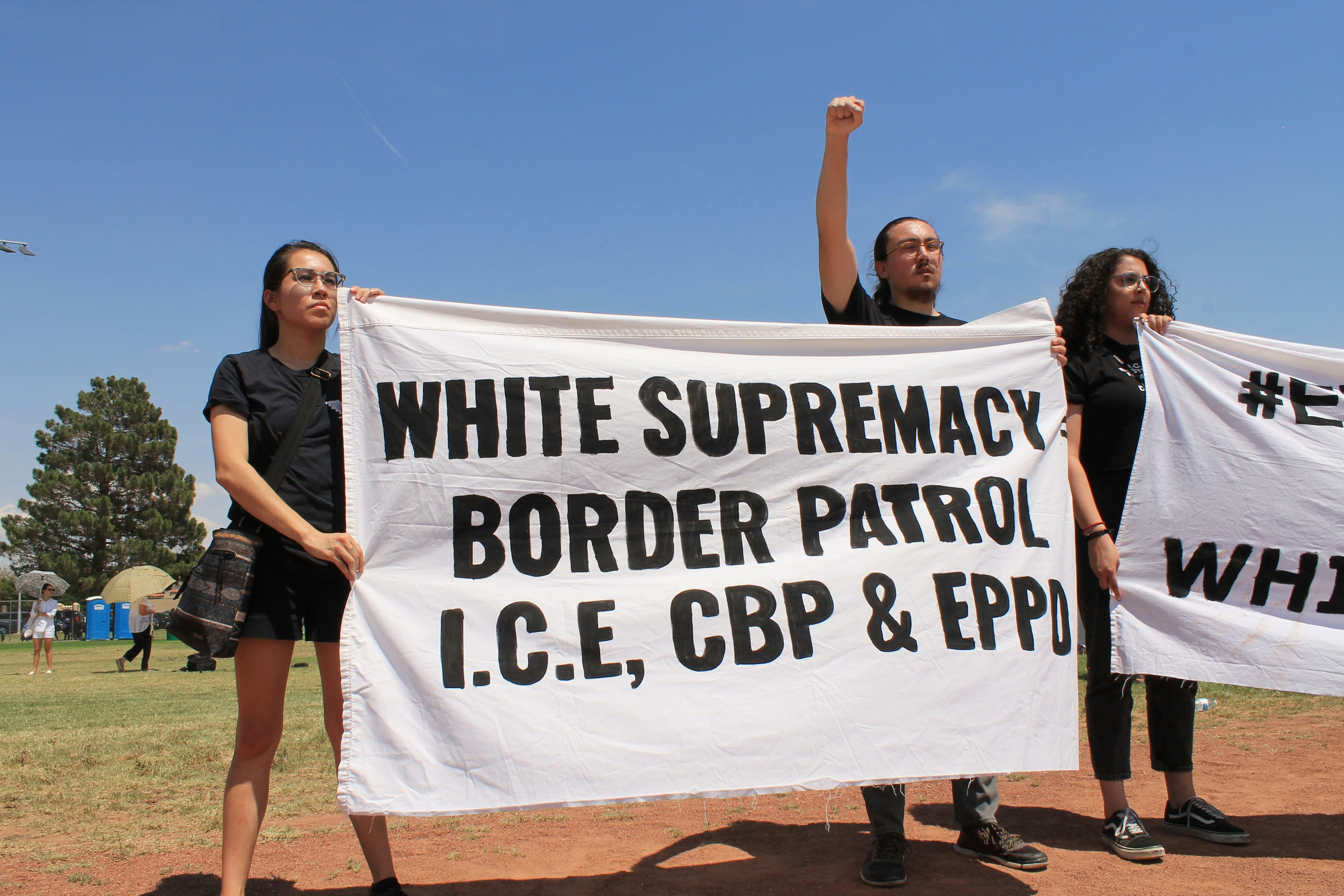Trump’s Nobel Peace Prize Quest: A Second Consecutive Miss

Photo by Stoica Ionela on Unsplash
Trump’s Nominations and Expectations
Donald Trump’s candidacy for the Nobel Peace Prize has been a subject of significant discourse, particularly among his supporters and critics. The former President received multiple nominations during his tenure, notably from lawmakers in Norway who cited his role in attempting to broker peace in contentious regions, such as the Korean Peninsula. These nominations were grounded in the belief that his unconventional diplomatic tactics could lead to lasting peace, a sentiment echoed by various political analysts and commentators.
Supporters from the Republican Party expressed high hopes for Trump’s Nobel nomination, framing it as a validation of his foreign policy achievements. They argued that his direct engagement with North Korea and efforts to negotiate peace agreements in the Middle East, particularly the Abraham Accords, showcased his commitment to peace-building. This fervent support was underpinned by the belief that Trump’s approach was transformative and represented a break from traditional diplomatic norms, thus warranting high recognition from the international community.
In response to his nomination, Trump publicly embraced the attention, declaring his belief in his qualifications for the award. He often highlighted the efforts he made during his presidency to facilitate diplomatic relations, suggesting that such endeavors were deserving of an accolade as prestigious as the Nobel Peace Prize. His remarks were infused with confidence, as he articulated a vision of peace that was in alignment with his administration’s actions and objectives.
However, expectations surrounding his candidacy were not universally positive. Critics contended that his methods were often confrontational and that genuine peace processes require more than mere proclamations. This dichotomy of perspective illustrates the complexities of Trump’s nominations and the varied interpretations of what constitutes a peace effort in contemporary geopolitics.
The Nobel Peace Prize Announcement
The announcement of the Nobel Peace Prize is a highly anticipated event each year, capturing global attention and sparking numerous discussions regarding the recipients and their contributions toward peace. In the most recent announcement, the Norwegian Nobel Committee awarded the prestigious prize to Venezuelan opposition leader María Corina Machado. This decision was attributed to her tireless efforts in promoting democracy and her unwavering struggle against the dictatorship prevailing in Venezuela. Machado has become a significant figure in the political landscape, advocating for the rights and freedoms of her fellow citizens as well as seeking international support to end the oppressive regime.
The Nobel Committee highlighted Machado’s exceptional resilience in the face of danger, emphasizing that her commitment to non-violence and democratic principles embody the spirit of the Peace Prize. Her leadership in mobilizing the opposition against authoritarian control and her role in fostering dialogues for democratic processes were critical factors in the committee’s decision. By recognizing a figure like Machado, the committee not only honors her personal contributions but also attempts to bring global attention to the broader struggle for democracy in Venezuela and similar contexts across the world.
This particular choice resonates within the current international political climate, symbolizing hope for nations governed by oppressive regimes. It serves as a reminder of the importance of steadfast leadership and advocacy in the quest for freedom and human rights. The implications of honoring Machado extend beyond the borders of Venezuela, signaling to other oppressive states that international recognition can act as a powerful instrument for change. Thus, the Nobel Peace Prize once again illustrates its role as a beacon of hope for democracy and an aspiration for those who endeavor to combat tyranny.
Reactions to the Nobel Committee’s Decision
Following the announcement from the Nobel Committee regarding their decision to exclude Donald Trump from the list of Peace Prize recipients for the second consecutive year, the reactions from the White House and his political allies were immediate and intense. Steven Cheung, the White House Communications Director, expressed strong discontent with the committee’s choice, labeling it as “short-sighted” and indicative of political bias. Cheung asserted that Trump’s contributions to international diplomacy, particularly regarding North Korea and the Middle East, had been unjustly overlooked by a committee that he believes is out of touch with the realities of American leadership.
Additionally, various Republican leaders who had previously advocated for Trump’s nomination echoed sentiments of disappointment. Figures such as Senate Majority Leader Mitch McConnell and House Minority Leader Kevin McCarthy conveyed their disillusionment, asserting that the Nobel Committee’s decision reflects a tendency to disregard achievements that diverge from their preferred political narratives. They indicated that the political undercurrents influencing the committee’s choices seem to favor figures aligning with progressive values, thereby leading to an unfair assessment of Trump’s actions.
Political analysts and commentators have also weighed in on the implications of the Nobel Committee’s decision. Many observers have suggested that the committee operates within a politically charged environment, which could significantly shape its decisions. The discourse surrounding the Peace Prize announcements has increasingly involved questions of political motivations, with some pundits arguing that the committee’s choices may reflect broader ideological biases rather than an objective assessment of merit. This backdrop of contention underscores the increasingly polarized atmosphere in which such awards are often dissected, ultimately influencing public perception and political discourse in significant ways.
Women in Politics: The Legacy of María Corina Machado
María Corina Machado has emerged as a compelling figure in the political landscape of Venezuela, embodying the struggle for democracy in a country fraught with turmoil. Her unwavering commitment to democratic rights and her relentless advocacy against the oppressive regimes have positioned her as a beacon of hope for not just Venezuelans, but for women in politics worldwide. Machado’s journey is steeped in significant milestones, marking her influence and contributions in a system that often marginalizes women leaders.
Throughout her political career, Machado has demonstrated remarkable resilience. Initially a member of the National Assembly, she gained notoriety for her outspoken critiques of the Venezuelan government and her push for humanitarian aid during crises. Her activism reached a pinnacle when she was nominated for the Nobel Peace Prize, a clear acknowledgment of her efforts and a gesture towards gender equality in global politics. In an unexpected yet touching moment, Machado dedicated her nomination to former President Donald Trump, signifying a unique intersection of international politics and personal admiration that had ripple effects around the globe.
The significance of Machado’s recognition extends beyond personal accolades; it represents a broader narrative regarding women in leadership roles, especially within oppressive regimes. Women like Machado are increasingly challenging traditional norms and inspiring younger generations to engage politically, even in the most daunting circumstances. Her legacy serves as a call to action, promoting the need for women to take leadership positions, advocate for their rights, and influence policies that govern their societies.
In conclusion, María Corina Machado stands as a paragon of the fight for democratic rights. Her influence underscores the importance of female political engagement in achieving transformative change, particularly in countries facing challenges of leadership and governance. As the global community watches her journey, Machado’s triumphs may pave the way for future generations of women leaders striving to effectuate change in their respective nations.






